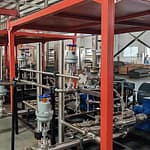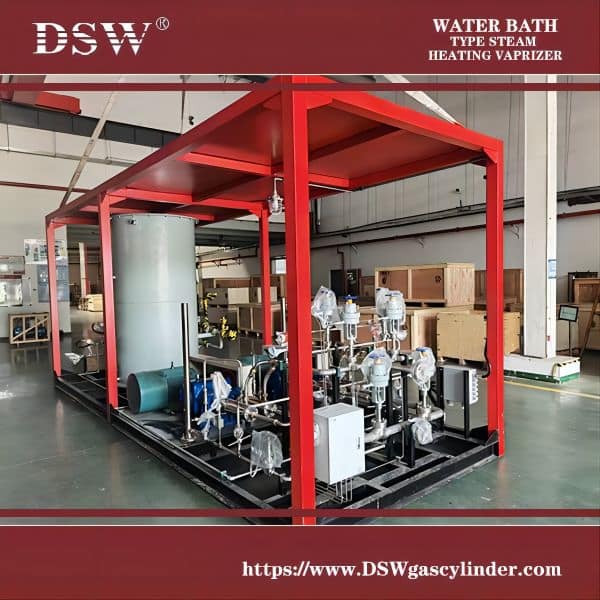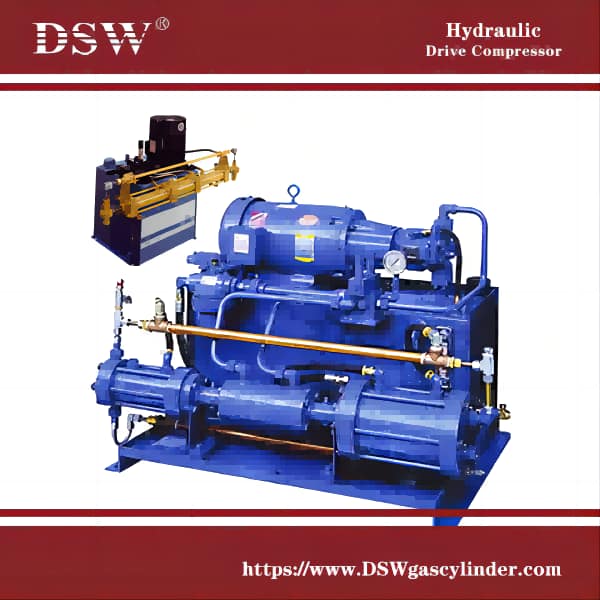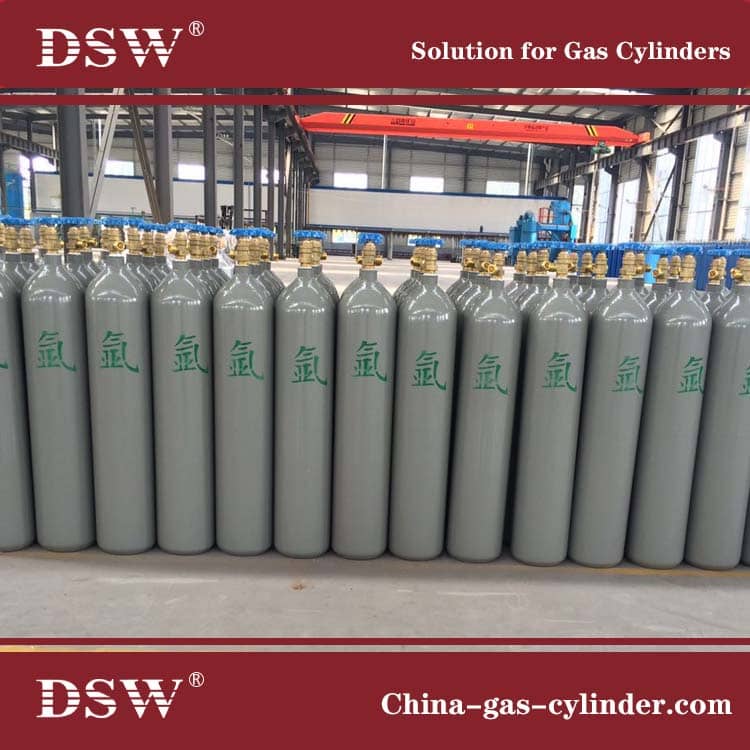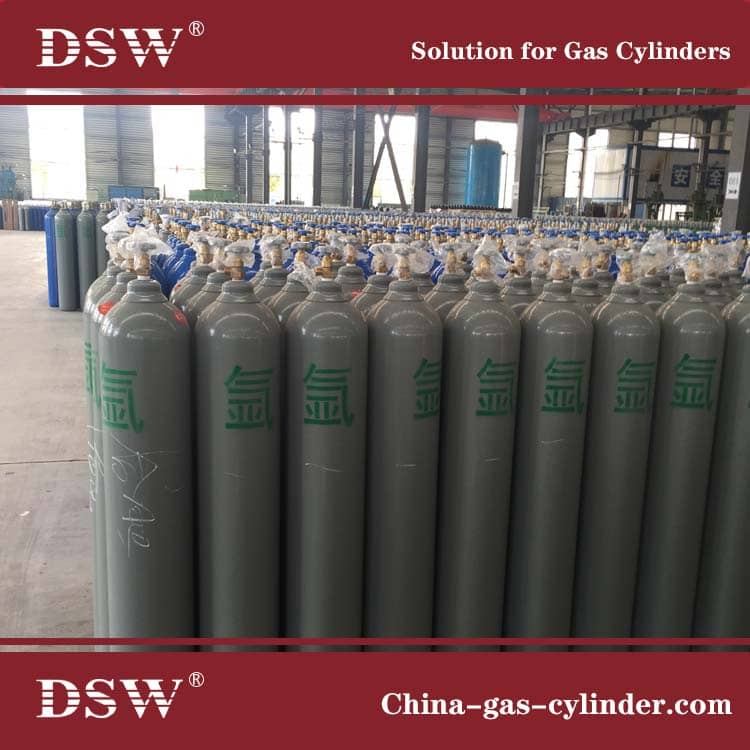Compressed Argon Gases
DSW Industry provides a wide range of argon gases in various cylinder, dewar, and cryogenic tank sizes and a variety of purity for all your industry needs.
The capability of providing pure gases along with customized mixing of component gases to meet all your welding needs.
Most commonly used in the metal industry for metal production, processing, and fabrication, it can be used as a pure gas for shielding, blanketing, annealing, and hot isostatic pressing applications.
Depending on the process and material, it can also be used as a mixture with other gases, particularly carbon dioxide, oxygen, nitrogen, hydrogen, or helium.
Properties of Argon
| Limiting Characteristics | CGA G-11.1 | Typical |
| Type II, Grade C | ||
| Argon Minimum, % | 99.997 | 99.998 |
| Water | 10.5 | 3.5 |
| Dew Point, °F | -76 | -90 |
| Oxygen | 5 | 2 |
| Nitrogen | 20 | 10 |
| Hydrogen | 1 | 1 |
| Combined total hydrocarbons (as methane) and carbon dioxide | 3 | 3 |
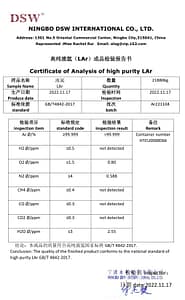
BUY COMPRESSED ARGON GAS OR LIQUID ARGON (AR)
DSW offers various sizes of argon gas in high-pressure gas cylinders and liquid argon dewars.
Argon is an inert shield gas to enhance arc stability and gas metal arc welding characteristics.
It is also the primary gas for the Gas Tungsten Arc Welding (GTAW) process.

Uses of Argon
Neon Lights: Noble gases such as argon are widely used for creating neon lights, neon, and krypton.
When electricity passes through an argon gas reservoir, it temporarily excites electrons in their outermost orbiting shells to jump to higher “shell” energy levels, then back again; upon their return to normal energy levels, they emit photons of light that radiate throughout space-time emitted as photons of photon light emission.
Shield Gas in Welding: Argon gas is used extensively for welding specialty alloys as well as automobile frames, mufflers, and other automotive parts.
Argon serves as a shielding gas due to its nonreactive properties;
Instead, it merely occupies space around where metals being welded are being assembled, thus preventing further unwanted reactions due to reactive gases like nitrogen and oxygen from happening nearby.
Heat Treating: Argon can provide an oxygen and nitrogen-free atmosphere for heat-treating processes, providing an environment free from oxygen or nitrogen contamination.
Metal Production: Like its use for welding, argon gas can also help synthesize metals via other processes because it prevents oxidation (rusting) and displaces undesirable gases such as carbon monoxide.

Argon may be referred to as “PLAR,” pure liquid argon, or “CLAR” (crude liquid argon), or by its chemical designation, “Ar.”
Crude argon is usually considered an intermediate product in a pure argon facility. Still, it may be a final product for some lower-capacity air separation plants, which ship it to more extensive facilities for final purification.
Some crude argon is also sold as a final product for uses that do not need high-purity oxygen (e.g., some steelmaking and welding applications).

